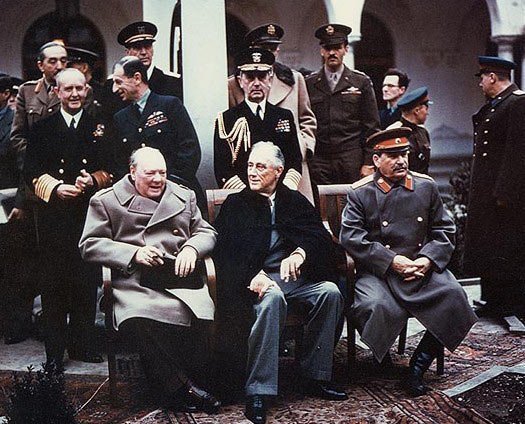The Battle of France during World War II was initiated by the German Army attack over the French territory and the Low Countries territories in May 10, in 1940, lasting until France surrendered in June 25, one month and a half later.
After the German invaded Poland in 1939, England and France declared war on Germany. Despite this, the Western side kept calm for seven months, period that received the name of Phoney War. During this time, Hitler invaded Norway and Denmark. England had a failed tentative of helping Norway.
On the other side, France withdrawn behind the Maginot Line and allied with the British set up a defence line between France and Belgium, initially declared as neutral. Both in London and Paris there was a feeling of trust in the German defeat although after Germany defeated Poland and Norway this feeling started to decay.
On paper, the German and Allied forces were roughly evenly matched. The Germans offensive fielded 136 divisions against 94 French divisions, and the 10 British divisions of the British Expeditionary Force. 22 Belgian and 9 Dutch divisions were also involved. It was only in the air that the Germans enjoyed massive superiority: 2500 aircraft against a few hundred British, and largely obsolete French aircraft.
Britain and France had been largely unprepared for war. The French conscripts were more badly trained still. Fortunately, the small British Expeditionary Force had many professional troops rather than recent conscripts.
By contrast, the Germans side had much more intensive and elaborate training. Accurate, full-scale mockups of crucial fortifications were built in Germany, and troops rehearsed their attacks until perfect.
The battle consisted of two main operations. In the first, Fall Gelb (Case Yellow), German armoured units pushed through the Ardennes, to cut off and surround the Allied units that had advanced into Belgium. During the fighting, the British Expeditionary Force (BEF) and many French soldiers were evacuated from Dunkirk in Operation Dynamo. The 4th of June 1940, after the successful operation, Winston Churchill delivered his second speech during the named battle, “We shall Fight on the Beaches”, calming down British people for their victory and warning them Germany more than probably would attack Britain in a short period of time.
In the second operation, Fall Rot (Case Red), executed from 5 June, German forces outflanked the Maginot Line and pushed deep into France. Italy declared war on France on 10 June and soon afterwards the French government fled to the city of Bordeaux. France’s capital of Paris was occupied on 14 June. On the 17 June, Philippe Pétain publicly announced France would ask for an armistice. On 18th of June, Churchill made a speech to Parliament. “The battle for France is over,” he warned. “The whole fury and might of the enemy must very soon be turned on us”.
“The Battle of Britain is about to begin.”
On 22 June, an armistice was signed between France and Germany, going into effect on 25 June. For the Axis Powers, the campaign was a spectacular victory.
On the 22nd of June France surrendered to the Germans. Fighting continued for a few days before dying out. German casualties were only 27,000 dead, 100,000 wounded. French military casualties about 100,000 dead, 200,000 wounded. Worse was to come for the French: about 400,000 civilians would die in bombings and in forced-labour camps under the German occupation, and another 100,000 military would die during and after the liberation. In the cruellest cut of all, 1,147 French sailors would be killed by their British allies at Mers-El-Kebir on the 3rd of July, when the British decided they would destroy the French fleet themselves, rather than risk it falling into German hands.

